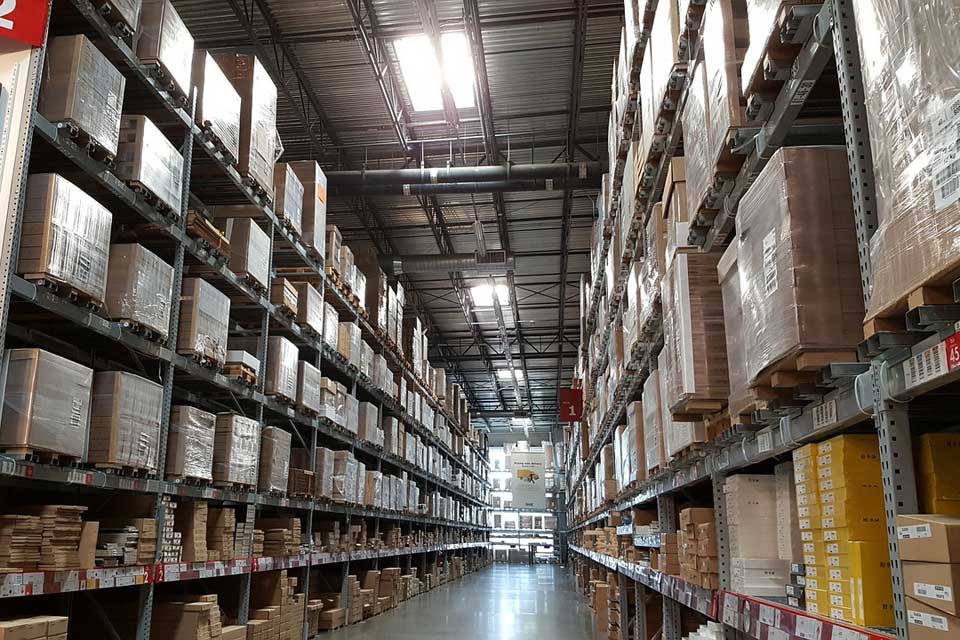Fourth Party Logistics (4PL) supply chain management services have undergone substantial shifts in their operational paradigms in recent year. As businesses sought more extensive and integrated solutions, 4PL providers adapted and innovated, often driven by technological advancements and changing market dynamics. Here we trace the pivotal transformations in 4PL supply chain management, based on input for delegates and suppliers at the Total Supply Chain Summit…
- Digitalisation and Data-Driven Decision Making: One of the most prominent evolutions in 4PL services is the adoption of digital tools and technologies. The past decade has witnessed the incorporation of data analytics, artificial intelligence, and machine learning. These tools help in predictive analytics, ensuring better forecasting, and optimising operations, thus ensuring seamless supply chain management.
- End-to-End Integration: Historically, 4PL providers focused on coordinating various logistics service providers. Over the last decade, the emphasis has shifted to a more holistic, end-to-end integration, creating a singular entity that offers comprehensive supply chain solutions.
- Sustainability and Ethical Sourcing: With growing consumer awareness and regulatory pressures, sustainability has become paramount. Modern 4PL providers not only emphasise efficient logistics but also ensure environmentally friendly and ethically sound supply chain practices, integrating green initiatives into their core strategies.
- Customer-Centricity: The competitive landscape of the past decade has pushed 4PL providers towards a more customer-centric model. Tailored solutions, transparency, real-time communication, and a focus on enhancing the end-customer experience have become standard offerings.
- Risk Management and Resilience: Recent global events, including trade wars and the pandemic, have highlighted the need for robust risk management strategies. The past decade has seen 4PLs prioritising contingency planning, diversifying supplier bases, and developing agile models that can adapt to changing circumstances.
- Collaborative Partnerships: 4PLs have evolved from being mere service providers to collaborative partners. There’s an increased emphasis on building long-term, strategic partnerships with businesses, ensuring mutual growth and adaptation in an ever-evolving market.
- E-commerce Integration: The e-commerce boom has reshaped supply chains. Recognising this, 4PL providers in the last decade have developed specialised solutions catering to e-commerce, ensuring faster deliveries, efficient returns management, and integrating tech tools for real-time tracking.
- Advanced Technologies Adoption: Beyond digitalisation, 4PLs have embraced advanced technologies like the Internet of Things (IoT) for real-time monitoring, blockchain for transparent and tamper-proof documentation, and autonomous vehicles and drones for deliveries.
The last decade has been transformative for 4PL supply chain management services. With a blend of technology, integrative approaches, and customer-centric models, 4PLs have redefined their roles, ensuring more efficient, responsive, and resilient supply chains. As the global market continues to evolve, 4PLs are poised to remain at the forefront, adapting and innovating in response to shifting needs and challenges.
Are you on the hunt for a 3PL partner for your business? The Total Supply Chain Summit can help!
Photo by CHUTTERSNAP on Unsplash







